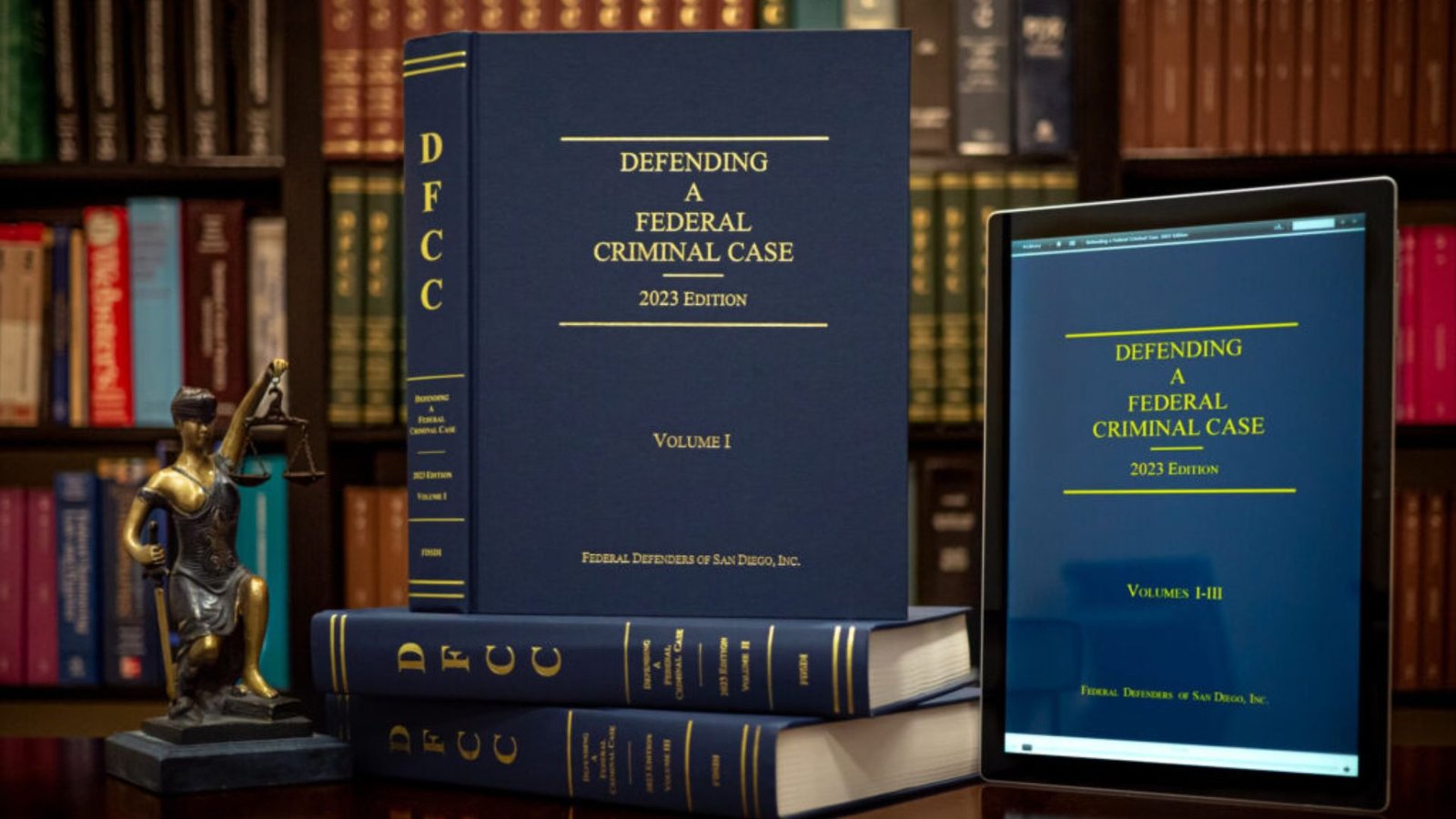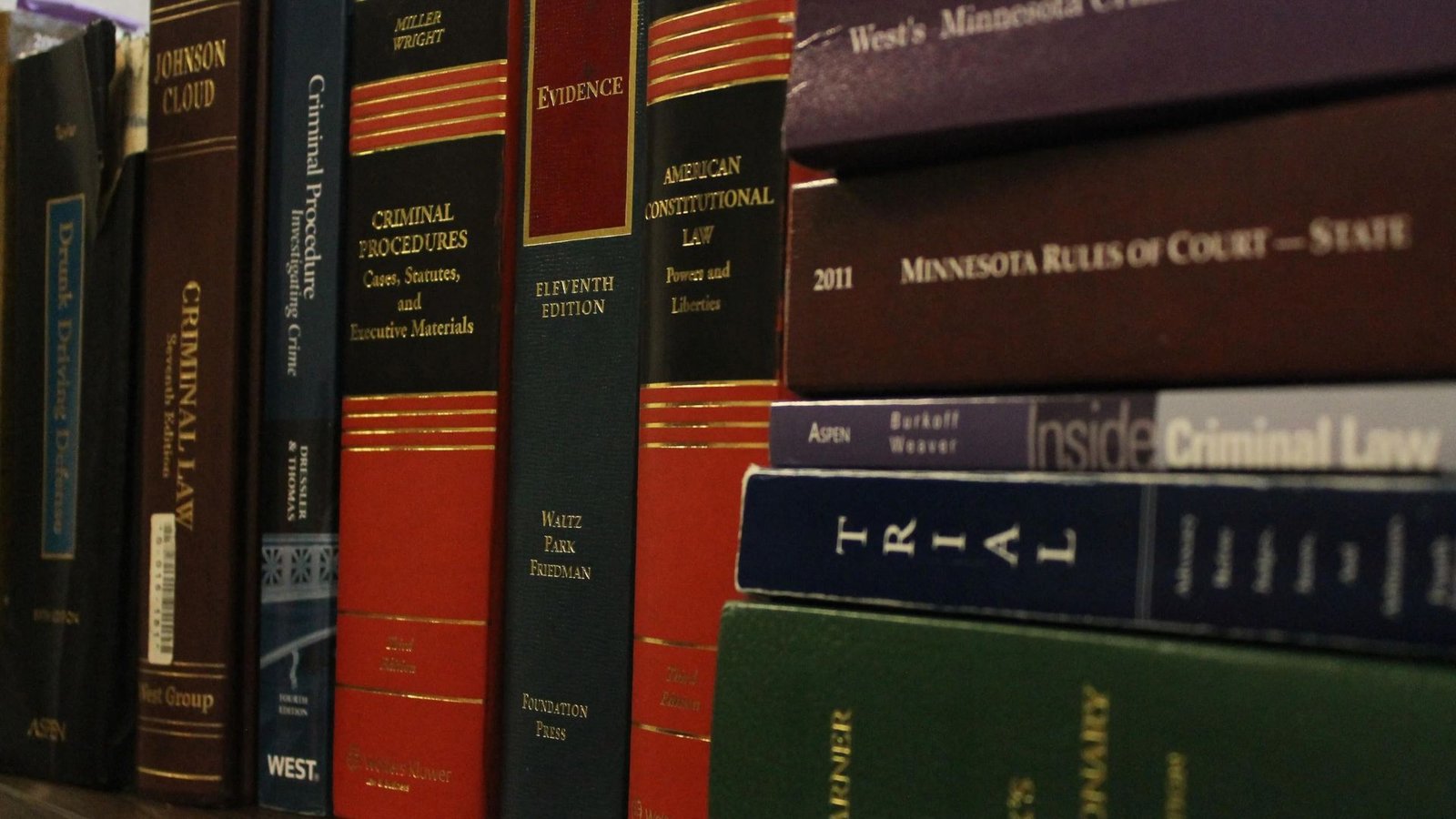Navigating federal criminal cases requires careful attention to numerous factors. Understanding the top considerations in federal criminal cases is crucial for anyone involved in or facing such legal matters. Let’s give you the top considerations in federal cases.
Understanding Federal Jurisdiction
One of the first considerations in federal criminal cases is understanding federal jurisdiction. Federal crimes are those that violate U.S. federal laws or occur across state lines. Unlike state crimes, which fall under the jurisdiction of state courts, federal crimes are handled by federal courts. Knowing this helps clarify the legal process and the scope of the case.

Severity of Charges
Federal criminal charges are often more severe than state charges due to the nature of the crimes and the federal penalties involved. Felonies such as drug trafficking, white-collar crimes, and organized crime are commonly prosecuted at the federal level. The seriousness of the charges can significantly impact the legal strategy and defense.
Federal Sentencing Guidelines
Federal sentencing guidelines play a crucial role in federal criminal cases. These guidelines provide a framework for judges to determine sentences based on the nature of the offense and the defendant’s criminal history. Understanding these guidelines can help in anticipating potential penalties and planning an appropriate defense strategy.
Role of Federal Prosecutors
Federal prosecutors, known as Assistant U.S. Attorneys, handle federal criminal cases. They are part of the U.S. Department of Justice and have significant resources and expertise. The aggressive nature of federal prosecutors means that it’s essential to have a well-prepared defense team to counter their efforts.
Importance of Legal Representation
Having experienced legal representation is one of the most important considerations in federal criminal cases. Federal cases can be complex and challenging, requiring a defense attorney who understands federal laws, procedures, and the intricacies of the federal court system. A skilled lawyer can make a significant difference in the outcome of the case.
Evidence Collection and Discovery
Federal criminal cases often involve extensive evidence collection and discovery. The process of gathering and reviewing evidence is crucial for building a defense. Ensure that your legal team thoroughly examines all evidence and identifies any potential weaknesses in the prosecution’s case.
Plea Bargains and Agreements
Plea bargains are a common consideration in federal criminal cases. In some instances, negotiating a plea agreement with the prosecution can lead to reduced charges or a lighter sentence. However, it’s important to carefully weigh the pros and cons of accepting a plea deal versus going to trial.
Understanding Federal Court Procedures
Federal court procedures can differ significantly from state court procedures. Familiarize yourself with the specific rules and processes of the federal court system. This includes understanding pre-trial motions, trial procedures, and post-trial options such as appeals.
Impact on Personal and Professional Life
Federal criminal cases can have a profound impact on your personal and professional life. A conviction can affect employment opportunities, relationships, and reputation. It’s important to consider the broader implications of the case and plan accordingly.
Rehabilitation and Sentencing Alternatives
In federal criminal cases, judges may consider rehabilitation and sentencing alternatives, especially for non-violent offences. Programs such as drug treatment or community service might be available as part of the sentencing process. Discuss these options with your attorney to explore potential alternatives to incarceration.
Federal Appeals Process
If convicted, you have the right to appeal the decision. The federal appeals process involves reviewing the trial for legal errors and seeking a reversal of the conviction or a new trial. Understanding the appeals process is crucial if you plan to challenge the outcome of your case.
The Role of Pre-Trial Detention
Pre-trial detention is a consideration in federal criminal cases. Depending on the nature of the offence and flight risk, you may be held in custody until your trial. Working with your attorney to address pre-trial detention and seek bail options can be an important aspect of your defense.
Legal Costs and Financial Considerations
Federal criminal cases can be expensive due to legal fees, court costs, and other expenses. It’s important to be prepared for the financial aspects of a federal case and discuss payment options with your attorney. Proper financial planning can help alleviate some of the stress associated with legal costs.
Support Systems and Resources
Having a strong support system is vital during a federal criminal case. Surround yourself with family, friends, and support groups who can provide emotional and practical support. Additionally, seeking resources such as counseling or legal aid can be beneficial.
Impact of Federal Convictions on Future Opportunities
A federal conviction can have long-term effects on your future opportunities, including employment, travel, and housing. It’s important to consider these potential impacts and plan for how to address them in the future.
Conclusion
Considering these top factors in federal criminal cases can help you navigate the complexities of the legal system more effectively. From understanding federal jurisdiction to managing the impact of a conviction, each consideration plays a vital role in your case. Ensure you have knowledgeable legal representation and stay informed about every aspect of your case.










